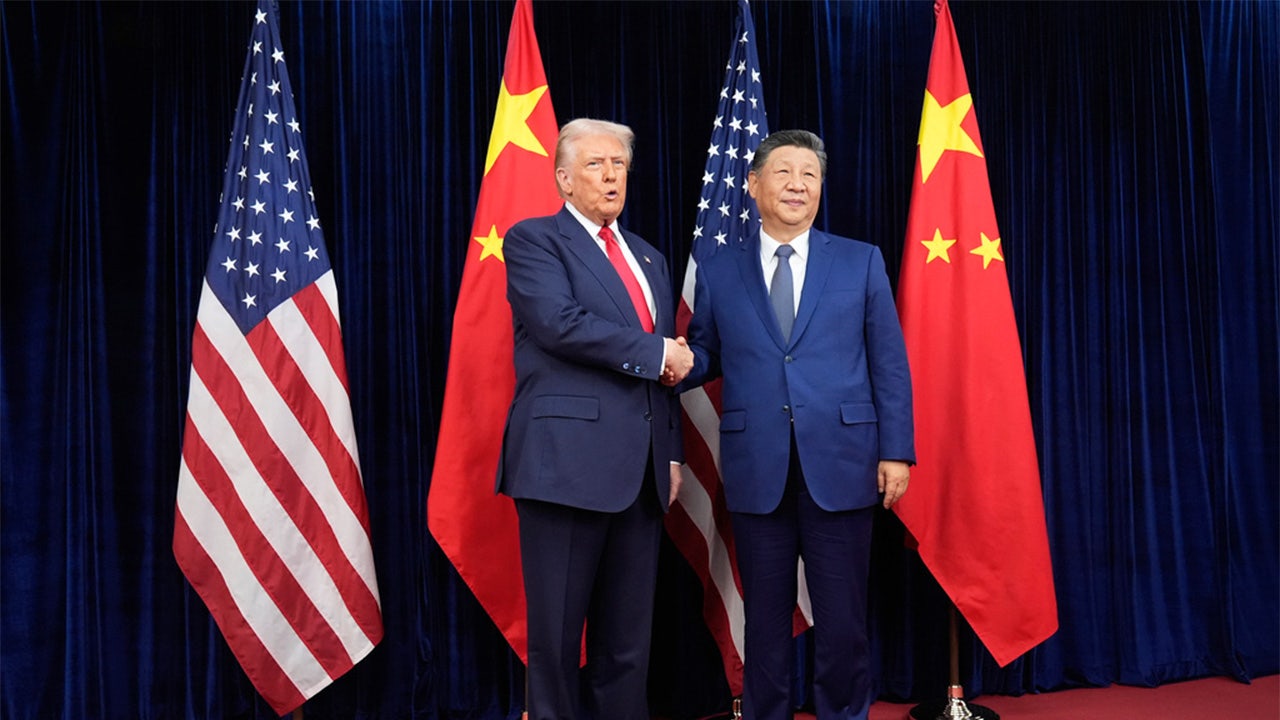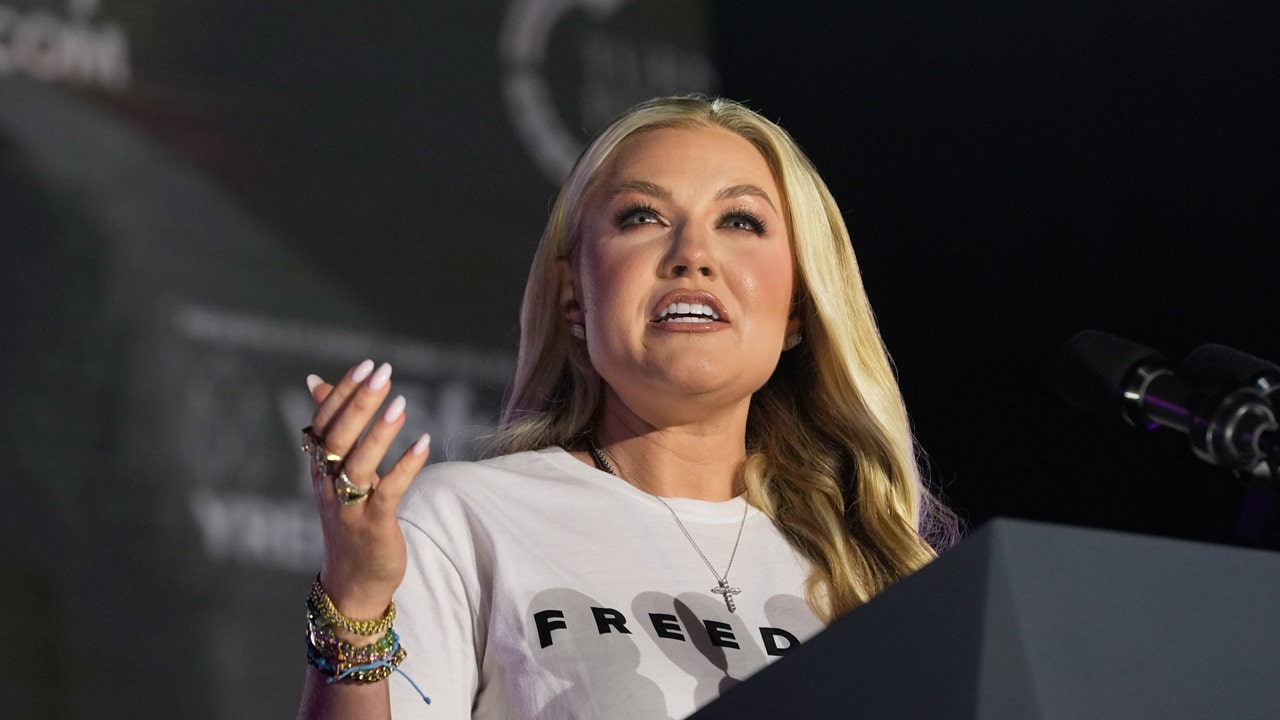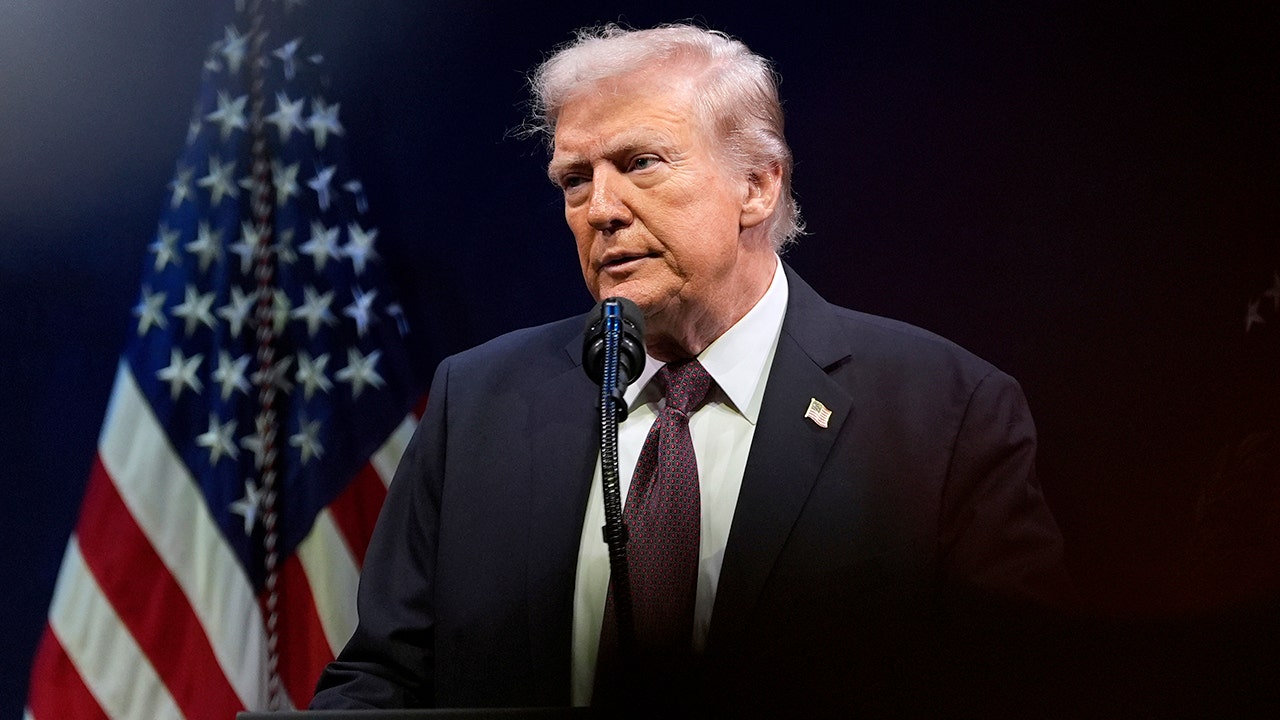The Rockefeller Family Fund (RFF), a left-wing foundation that draws upon a $200 million endowment to battle the oil industry, quietly helped lay the groundwork for California attorney general Rob Bonta’s (D.) high-stakes litigation accusing ExxonMobil of deceiving the public about its role in the “global plastics pollution crisis.”
According to RFF director Lee Wasserman, RFF and activist group Beyond Plastics “worked closely” with the RFF-funded Center for Climate Integrity (CCI) in early 2024 to develop a lengthy first-of-its-kind report outlining how ExxonMobil had allegedly deceived the public about plastic pollution for decades. Wasserman, who made the remarks during a little-noticed Climate Week NYC panel last month, boasted that Bonta then relied on that report when he filed his lawsuit months later in September 2024.
“Surprise, surprise—shortly after that report came out, the attorney general of California brought litigation for fraud and deception against Exxon based on their lying about plastic,” Wasserman remarked at the panel discussion, a transcript of which was reviewed by the Washington Free Beacon.
Wasserman’s comments suggest wealthy activists have essentially asserted control over the actions of the largest state justice department in the nation. The RFF dates back to the 1960s, when the great-grandchildren of oil tycoon John D. Rockefeller founded it to support a variety of liberal causes. The fund’s endowment has ballooned in recent decades—and increasingly focused on climate change. It spent $15.8 million in 2023 to support climate groups like the Center for Biological Diversity, the Union of Concerned Scientists, Environmental Defense Fund, and the Sierra Club.
Bonta’s complaint, meanwhile, cites the CCI’s report that Wasserman referenced nine times, parrots its exact language, and makes nearly identical arguments. The report and Bonta’s subsequent complaint, for example, both attack ExxonMobil’s alleged “decades-long campaign of deception” about the recyclability of plastic and its “false promise of plastic recycling.” They also both discredit advanced recycling as a solution to plastic pollution and lament the “plastic waste and pollution crisis.”
Both also suggest ExxonMobil has sought to “co-opt” the term “circular” to mislead the public about plastic recycling. The CCI report, for instance, states the oil industry has “co-opted the language of a ‘circular economy’ to convince the public that the industry is advancing solutions to the plastic waste crisis.” Bonta’s press release announcing his lawsuit similarly states ExxonMobil’s recycled plastic products “are effectively virgin plastics deceptively marketed as ‘circular’ (co-opting a term typically understood as a full circle of sustainable reuse, where waste becomes raw material).”
The two documents both allege ExxonMobil—which maintains a billion-dollar petrochemical and plastic business—spearheaded advertisement campaigns in the 1980s and have used trade groups to purposely deceive the public about the viability of advanced recycling technologies that could mitigate plastic pollution.
In addition, both the CCI and Bonta rely on some of the same primary source documents the CCI first gathered as part of its February report. That includes a 1973 Stanford Research Institute article prepared for a plastic industry group, a 1986 internal industry memo stating that “recycling cannot be considered a permanent solid waste solution,” written notes staff took during a 1994 industry meeting about the politically sensitive nature of the issue, and a 2021 study conducted by an Australian environmental foundation that determined ExxonMobil has the world’s largest single-use plastics footprint.
After Bonta filed his lawsuit, he failed to mention the RFF’s influence, instead taking credit for the action. “ExxonMobil lied to further its record-breaking profits at the expense of our planet,” Bonta remarked, adding that his office is seeking “to hold ExxonMobil fully accountable.”
If successful, the litigation could force ExxonMobil to pay hefty damages potentially worth hundreds of millions or billions of dollars, effectively crippling the nation’s largest oil company and one of environmentalists’ favorite bogeymen. It could also pave the way for other states to pursue similar lawsuits against ExxonMobil and other oil companies.
The RFF’s involvement also suggests California’s lawsuit is part of the fund’s broader decade-long effort to dismantle the oil industry through an onslaught of state lawsuits. That effort dates back to early 2016 when Rockefeller nonprofit leaders hosted a meeting with prominent eco groups to discuss plans to “delegitimize [ExxonMobil] as a political actor,” “force officials to disassociate themselves from Exxon,” “drive divestment from Exxon,” and use lawsuits and state prosecutors to obtain internal documents from ExxonMobil through judicial discovery, the Free Beacon reported at the time.
In the years since, dozens of Democratic state, county, and city prosecutors have filed lawsuits against oil companies related to their alleged deception on climate change science. Bonta’s 2024 lawsuit takes a slightly different approach—it is the first to allege deception on plastic pollution. Taken altogether, activists hope the efforts could help usher in an economy-wide transition to green energy, effectively achieving overarching policy goals through the courts.
“The Rockefeller Family Fund just admitted what we’ve known for years: They are funding and directing the campaign to sue energy companies out of existence,” Jason Isaac, CEO of the American Energy Institute, told the Free Beacon. “This is not public interest litigation, it’s political warfare disguised as law. Their goal is to weaken American energy, drive up costs, and lay the groundwork for climate superfund-style shakedowns.”
In an email to the Free Beacon, though, Wasserman walked his comments back.
“The report provided additional evidence about recycling deception and the damages caused by plastics in the environment, adding to the large volume of such information already in the public domain,” he said. “My comment underscores that there were deceptive statements regarding the recyclability of plastics documented in the CCI report. It is not surprising that the AG of California reached the same conclusion after his multi-year investigation of the matter.”
Bonta’s office and the CCI did not respond to requests for comment.
Read the full article here







